Vetpharmacy.co.uk Cookie Policy : We use cookies to enhance your user experience. To find out more please view our cookie policy
How Do You Take Care of Your Rabbit?
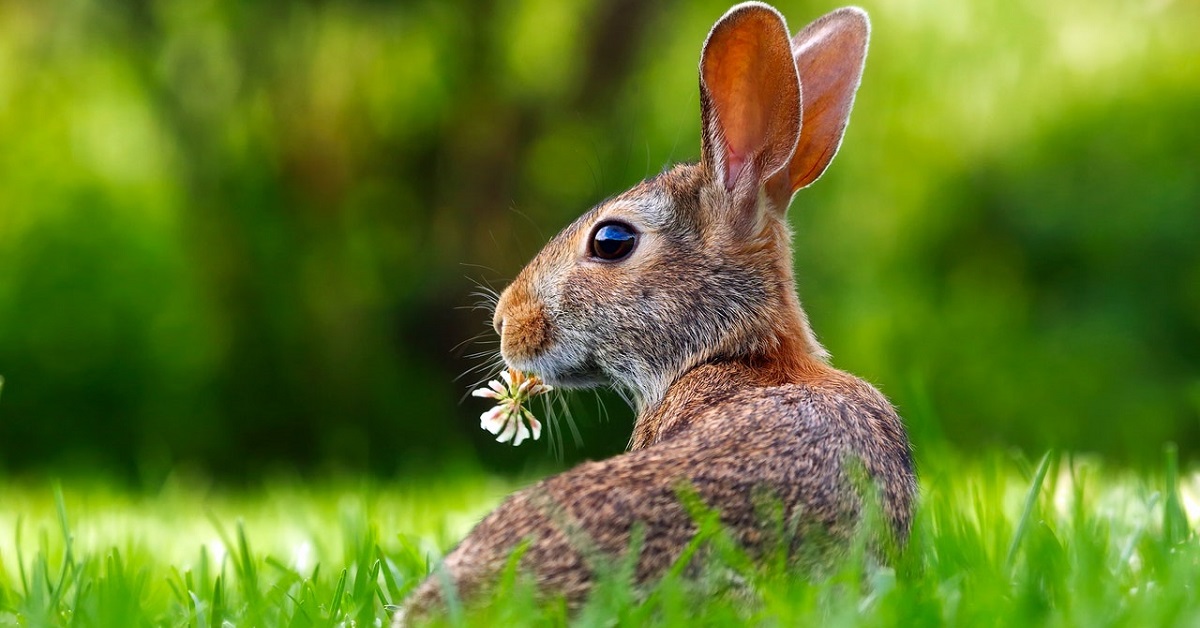
Rabbits are floppy, fuzzy, and downright charming, making them the ideal companion for a variety of people. These adorable creatures are friendly, gregarious, and like spending time with their human companions. Rabbits are one-of-a-kind pets. For them to live a long, happy, and healthy life, they have special requirements. Continue reading to learn more about rabbit care.
What do pet rabbits need?
1. Create a secure indoor environment for rabbit care
Rabbits can be housed in a variety of ways. They can either roam freely in a bunny-proofed area or be restricted in a bunny condo, puppy pen or large rabbit cage. If they are kept in a pen, their room should always be spacious enough for them to jump around in. They should be let out for at least a few hours each day for exercise.
Make sure your rabbit's primary location is not too far away from either you or your family. A living area or family room would be ideal.
2. Make your home bunny-proof
Rabbits want plenty of room to run around and play. You must fully rabbit-proof the area in order to provide a safe environment for your rabbit and to protect your valuables. Wrap all wires with plastic covers or flex tubing, or lift them 3-4 feet away from your rabbit's reach.
Cover your baseboards with plastic protectors, 2x4s, or furring strips if you don't want them gnawed. Because rabbits tend to nibble the undersides of beds, house plants, bookshelves, and other items, you'll need to block off some locations. Essentially, your rabbit will gnaw on anything that is within reach.

3. Fresh hay is great for rabbit care
Hay should make up the majority of a rabbit's diet. Rabbits should always have access to fresh hay. Adult rabbits should consume grass hay, timothy hay or oat hay, while baby rabbits should be fed alfalfa.
Enormous hay feeders are advantageous because they maintain large amounts of hay, ensuring that it's dry, clean, and reachable.
4. Offer fresh greens, fibrous pellets, and clean water
Fibre-rich pellets (in restricted amounts for adult rabbits), Fresh vegetables, and fresh water should be added to your rabbit's hay on a regular basis.
5. Put a Litter Box in Place
Rabbits have an instinctive need to pee and poop in the same spot. Set up a medium-sized shallow storage bin or cat litter box near their water/food bowls and hay feeder to take advantage of this.
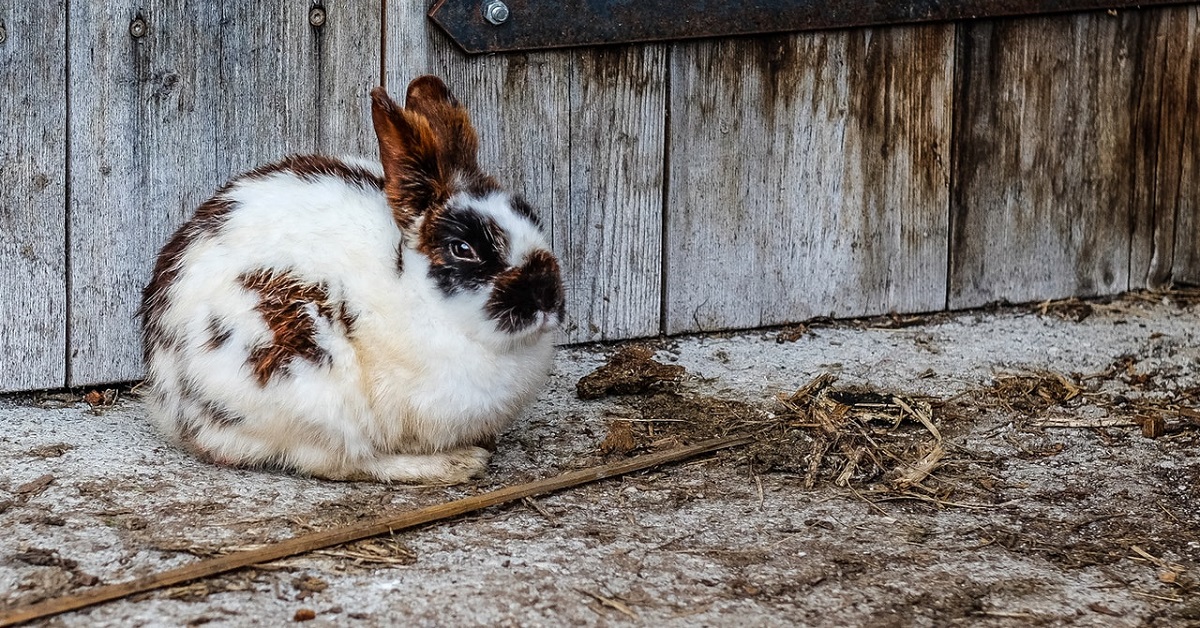
6. Offer Enrichment
Rabbits are easily bored; they require cerebral stimulation. Rabbits love cardboard castles because they spend hours gnawing on new windows and doors. When the rabbit needs a quiet place to hide, cardboard castles come in handy.
7. Groom Your Rabbit (Rabbit care)
Rabbits are generally clean creatures who bathe frequently. However, you must groom your rabbit on a constant schedule. Rabbits shed a couple of times every year. Brushing your rabbit to get rid of any excess fur is essential. Otherwise, your rabbit may eat it and get major intestinal problems.
8. Take your rabbit to a veterinarian for rabbit care & checkups
Because rabbits are predatory animals, they have a natural inclination to hide any signs of disease. You must keep a close eye on your rabbit to verify that it is drinking, eating, pooping, and peeing on a regular basis. If your rabbit's behaviour changes, you should contact a veterinarian right away.

What are common parasites & illnesses in rabbits?
The following are the most prevalent parasites and diseases in rabbits:
- Digestive disorders
- Hair chewing and hairballs
- Intestinal diseases such as Enterotoxaemia, Tyzzer disease, colibacillosis, Proliferative enteropathy, Mucoid enteritis, Rotavirus, Rabbit calicivirus disease, Coccidiosis
- Eye and Ear Disorders such as Corneal ulceration, Conjunctivitis, Otitis media
- Bone and Muscle Disorders
- Reproductive Disorders
- Lung and Airway Disorders
- Skin Disorders
- Kidney and Urinary Tract Disorders
- Cancers and Tumours
Worms are also common in rabbits and it's important to find out how to deal with them. Learn about rabbit worming in our previous blog post here:
The following are some of the best products to help you combat common parasites and illnesses in rabbits:
Panacur Rabbit Oral Paste
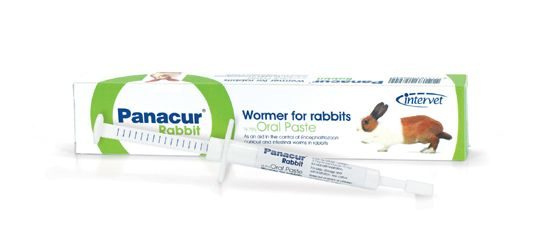
Burns Green Oat Hay
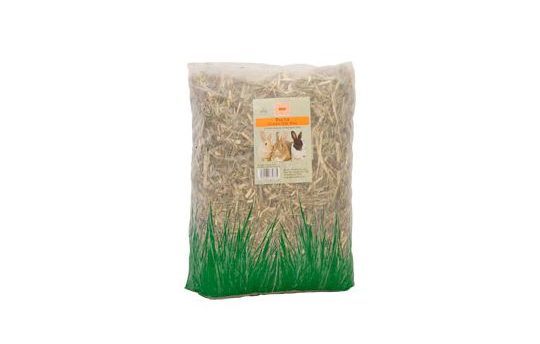
ImidaFLEA Spot-On
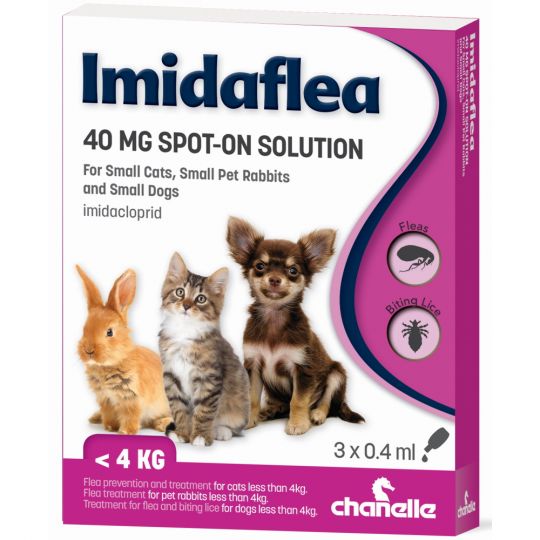
Shop online for more rabbit products at Vet Pharmacy.
This blog post was written on behalf of Vet Pharmacy by Pharmacy Mentor.